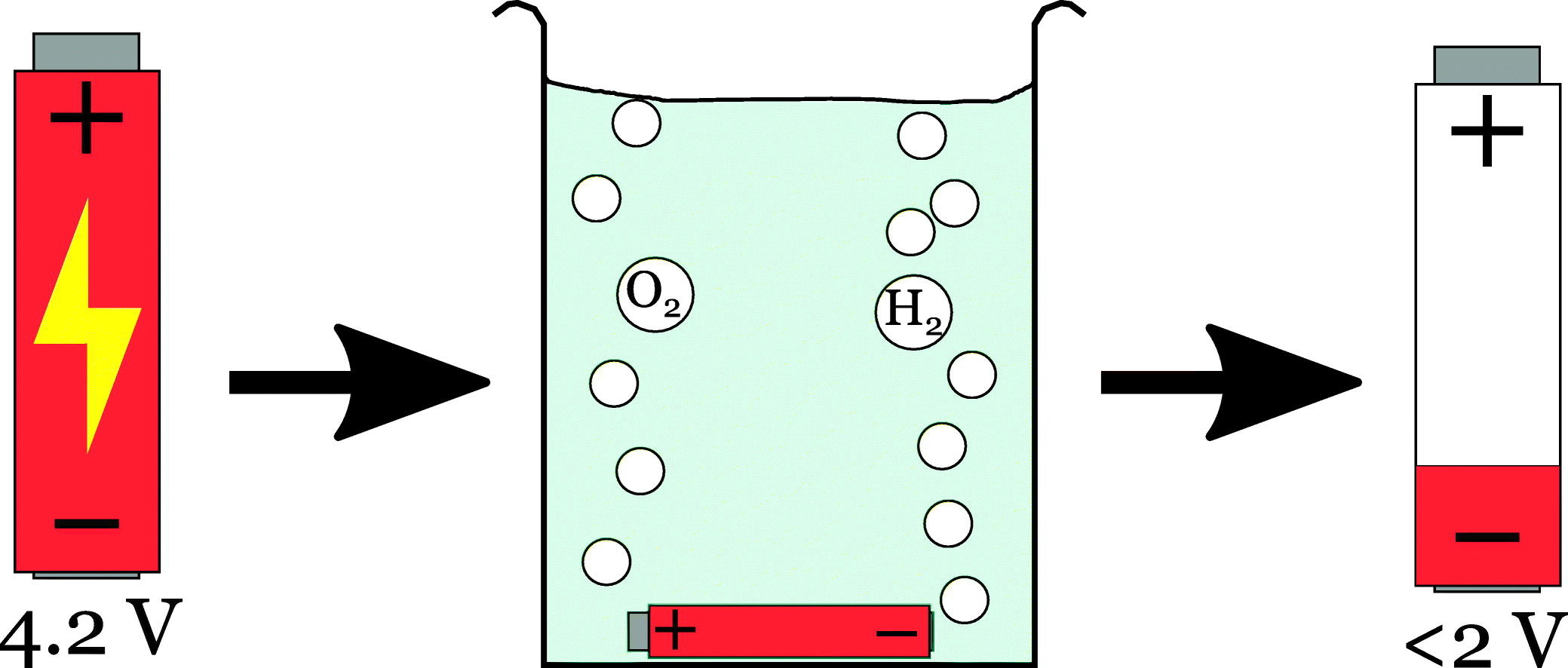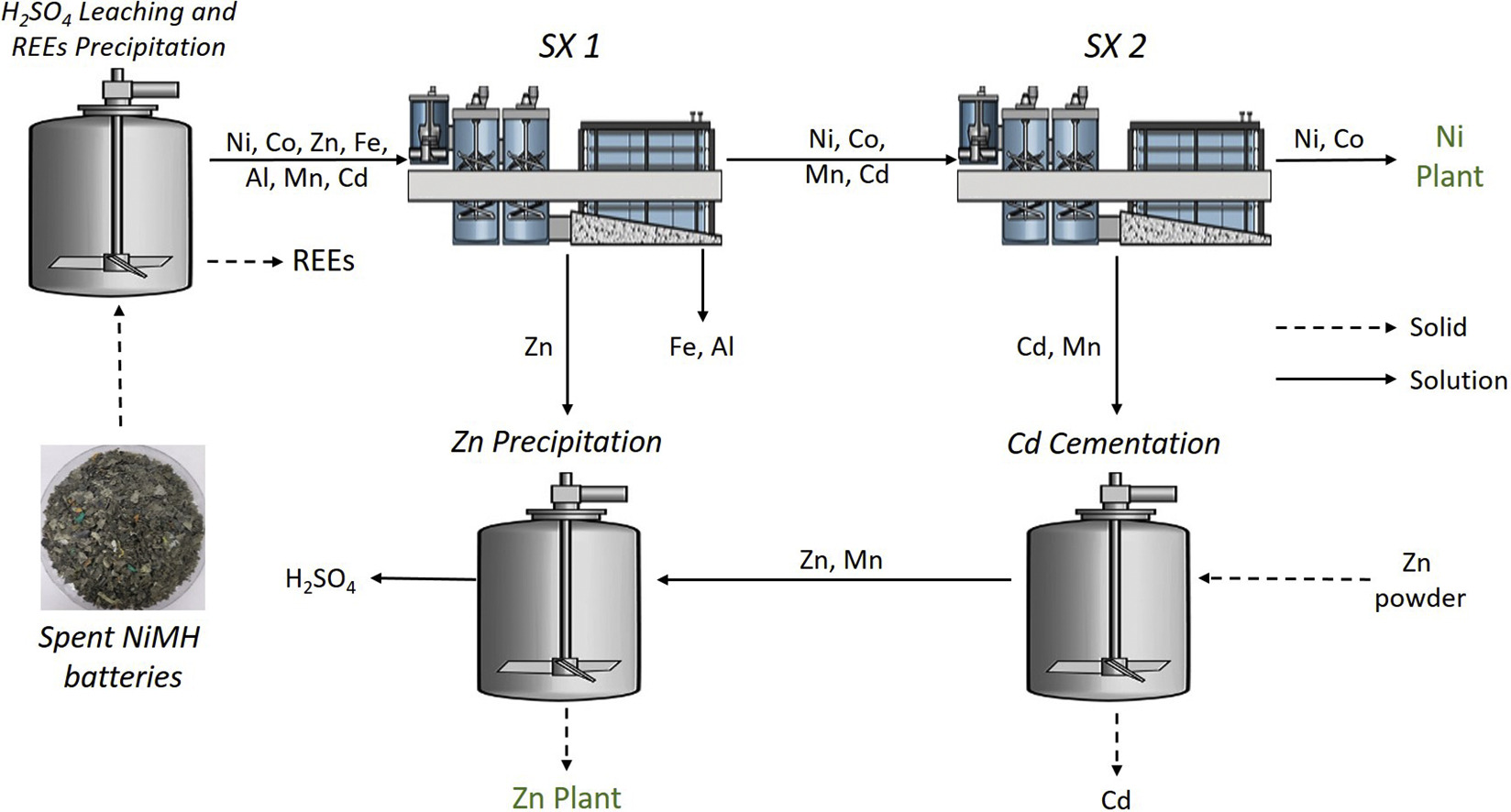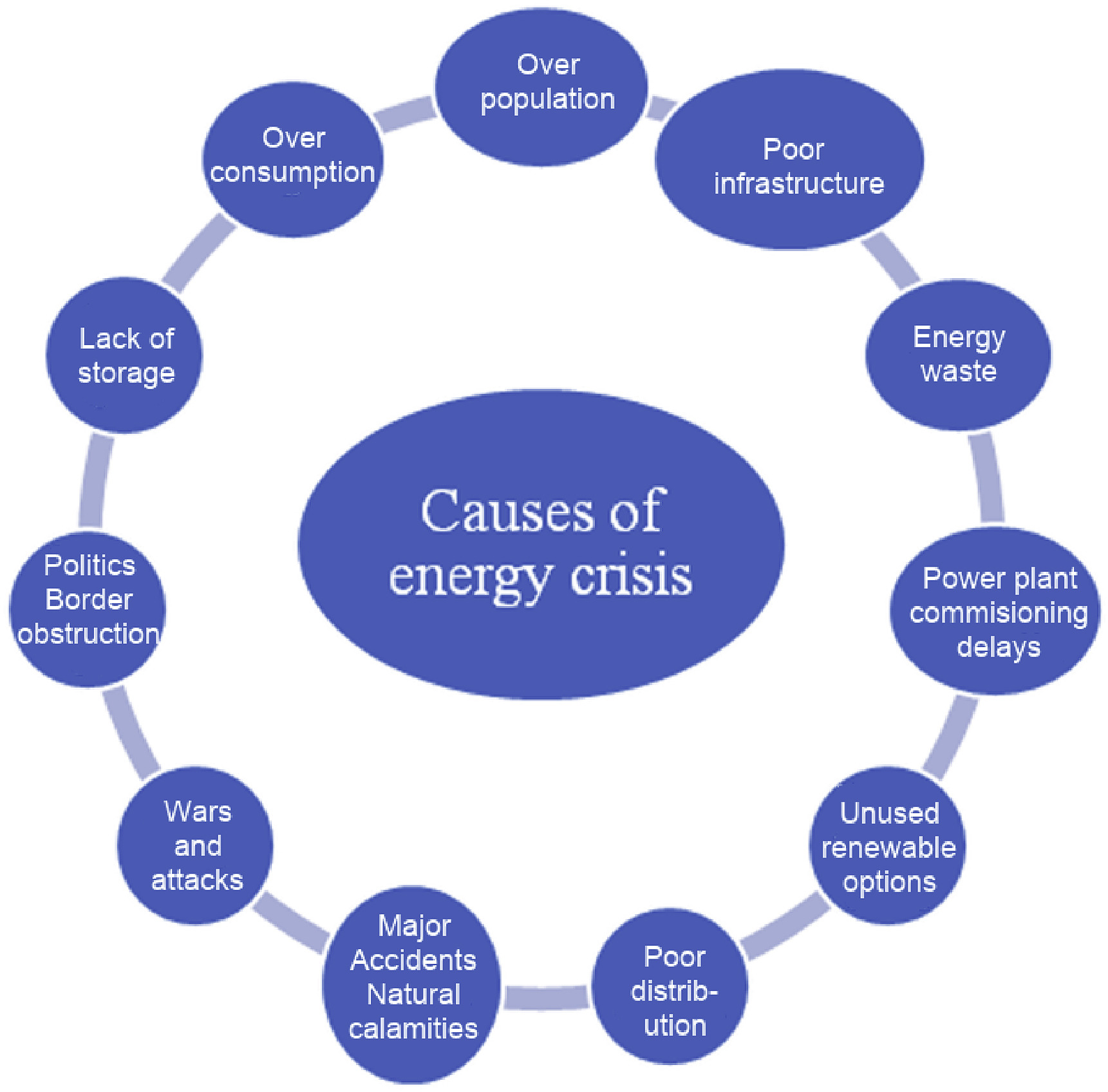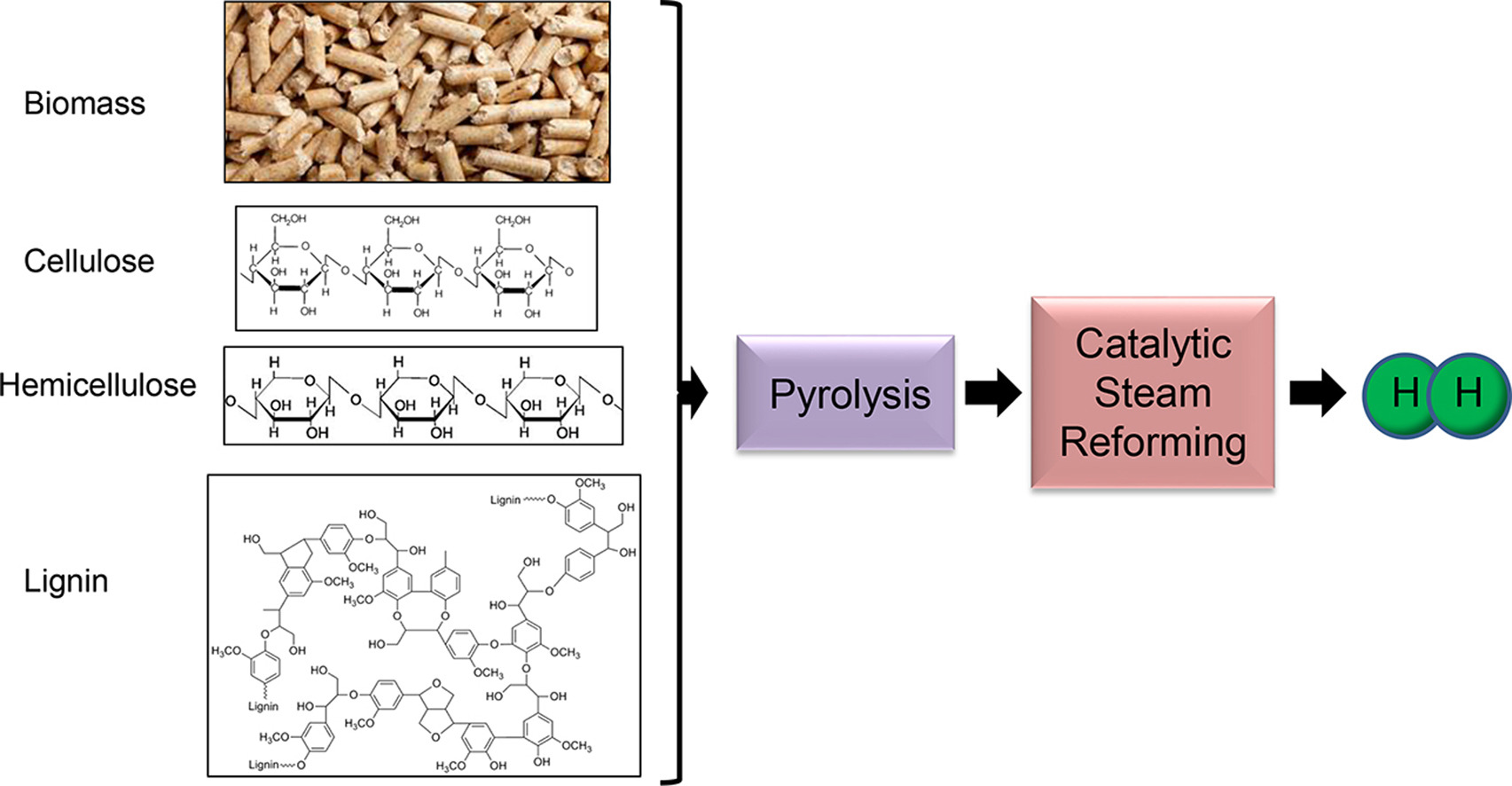Energy is a central component of the United Nations' Sustainable Development Goals (SDGs), explicitly reflected in SDG 7: Affordable and Clean Energy. However, the theme of energy cuts across multiple SDGs, demonstrating the interconnectivity of these global goals.
SDG 7's objective is to ensure access to affordable, reliable, sustainable, and modern energy for all. Energy, in its various forms, is a vital driver of economic growth and is pivotal to nearly all aspects of development. Without a steady and reliable supply of energy, societies can hardly progress. However, millions of people around the world still lack access to modern and clean energy services. The emphasis on "affordable and clean" energy within this goal shows the need to transition from traditional energy sources, often characterized by high environmental costs, to more sustainable ones like wind, solar, and hydropower.
Energy's role is also significant in achieving other SDGs. For example, SDG 9: Industry, Innovation, and Infrastructure, emphasizes the need for sustainable and resilient infrastructure with increased resource-use efficiency and greater adoption of clean technologies. It is almost impossible to achieve this without a sustainable energy framework. Similarly, SDG 11: Sustainable Cities and Communities, calls for making cities inclusive, safe, resilient, and sustainable, and one of its targets (11.6) directly refers to the environmental impact of cities, for which energy is a key factor.
Furthermore, energy is a crucial player in SDG 13: Climate Action. The energy sector represents the largest single source of global greenhouse gas emissions. Transitioning to a sustainable energy future, therefore, is critical for tackling climate change. Efforts to reduce emissions and promote clean energy sources are crucial to mitigate climate change and its impacts.
Nepal has been suffering from a serious energy crisis for decades. It has severely affected its economic, social and political developments. Owing to the continuously evolving energy situation in Nepal, and the recent progress in renewable energy technologies, this study aims to provide an up to date perspective on the current energy crisis in Nepal. In particular, the current energy production and consumption profiles are reviewed, and the main factors contributing to a widening gap between the energy supply and demand are identified.
The pyrolysis-catalytic steam reforming of six agricultural biomass waste samples as well as the three main components of biomass was investigated in a two stage fixed bed reactor. Pyrolysis of the biomass took place in the first stage followed by catalytic steam reforming of the evolved pyrolysis gases in the second stage catalytic reactor. The waste biomass samples were, rice husk, coconut shell, sugarcane bagasse, palm kernel shell, cotton stalk and wheat straw and the biomass components were, cellulose, hemicellulose (xylan) and lignin.




